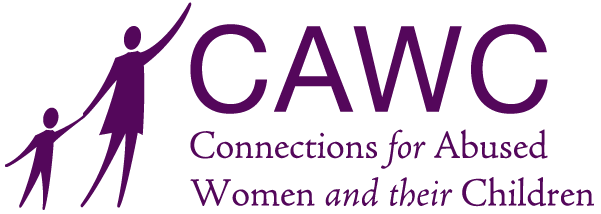Anyone can be affected by abuse, and for some domestic violence survivors, all it takes is one person with a discerning eye to start the process of getting help. Knowing how to recognize domestic violence can make a huge difference in your ability to intervene with a friend or acquaintance who might be dealing with abuse.
How to Spot the Signs of Abuse
Often, the signs of domestic violence are more subtle than we might expect. Abuse isn’t always physical, and what’s more, it’s not uncommon for survivors to try to conceal evidence of their abuse, particularly if they’re not ready to leave their abuser.
Here, we’ve compiled a list of potential red flags that might indicate someone is being abused:
- Physical injuries such as bruises, sprains, broken bones, or cuts
- Lack of explanation or poor explanation for their injuries
- Wearing long sleeves (especially in warm weather) or more makeup than usual
- Changes in behavior or personality, including seeming anxious or preoccupied, constantly alert, fearful, or depressed
- Loss of interest in normal habits or activities, or changes in appetite or sleep
- Social withdrawal or isolation
- Canceling plans or appointments unexpectedly
- Having to frequently check in with their partner or ask permission to do things
- Restricted or lack of access to things like money or a vehicle
Each person’s situation is unique, and the signs of domestic violence may look different for everyone. While these indicators may not necessarily point to abuse, it never hurts to show concern or check in with a friend.
At Connections for Abused Women and Their Children (CAWC), we believe that everyone has a right to a life free of violence. Our mission to end domestic violence is rooted in education, service, and advocacy. In addition to working toward broader social change, we provide empowerment-based and trauma-informed support in the form of shelter, counseling, and advocacy to individuals affected by domestic violence and their children. If you or someone you know is struggling with domestic violence, don’t hesitate to call our 24-hour hotline at (773) 278-4566. To support our work, consider volunteering or donating.
